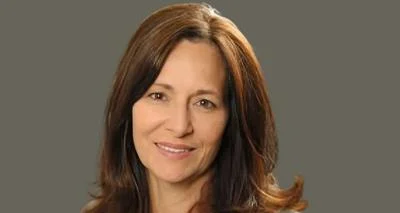Illinois State Rep. Dan Brady (R-Bloomington) | rep-danbrady.com
Illinois State Rep. Dan Brady (R-Bloomington) | rep-danbrady.com
As Illinois Democrats continue to push for the so-called "fair tax" that one online news outlet calls dishonest, Illinois State House Rep. Dan Brady (R-Bloomington) told attendees at a recent forum that they need to understand the graduated income tax proposal a lot better than they do.
"It's time for Illinoisans to be better educated about Gov. J.B. Pritzker's fair tax plan," Brady was quoted as saying by Central Illinois Proud at his town hall meeting at Normal City Hall Tuesday. "The voters in Illinois need to know more about the actual plan that would move Illinois from a flat tax to a graduated income tax."
Brady did not respond to a McLean County Times request for comment about a Wirepoints article that challenged the honesty of a Pritzker-linked group that said the tax would "fix" the state's fiscal crisis. However, Brady said during his town hall that Pritzker's plan would be bad for Illinois.

Wirepoints founder Mark Glennon
"Really, when you look at it you need to be concerned," Brady was quoted as saying. "This is something that we'd be giving the government another open check to raise our taxes."
In February, Brady referred to the graduate income tax proposal as an "unfair tax" and said that increasing taxes on the state's working families was "a non-starter."
Brady, the current House Deputy Minority Leader, has represented the 105th district since 2001. The 105th Illinois State House District is located within McLean and Livingston counties and includes Normal and parts of Bloomington.
Pritzker has claimed his fair tax plan, which was a major part of his election campaign last year, would create taxation in Illinois that works for all residents, not just the rich. While commercials in favor of the graduated tax began running in March, the real push for the fair tax was launched earlier this month over the objections of conservatives in the state legislature.
Wirepoints founder Mark Glennon, meanwhile, has reported that the problem that needs fixing is far greater than anyone is admitting.
"If only the hole indeed were just $3.2 billion," he wrote. "Most Illinoisans of any political stripe would probably be happy to pay up and call it a day to fix our fiscal crisis, no matter how the burden was distributed. But it’s preposterous – off by several multiples, depending on exactly what you choose to count."
The annual funding shortfall for just five of the state’s pensions comes in at $4.7 billion a year, based on actuarially determined contributions and "on assumptions widely regarded as far too optimistic," the Wirepoints article said.
"But the new tax would raise only $3.4 billion per year," the article continued. "In other words, the new tax wouldn’t come close to solving the state’s pension crisis, never mind the hundreds of local pension funds across the state."






 Alerts Sign-up
Alerts Sign-up